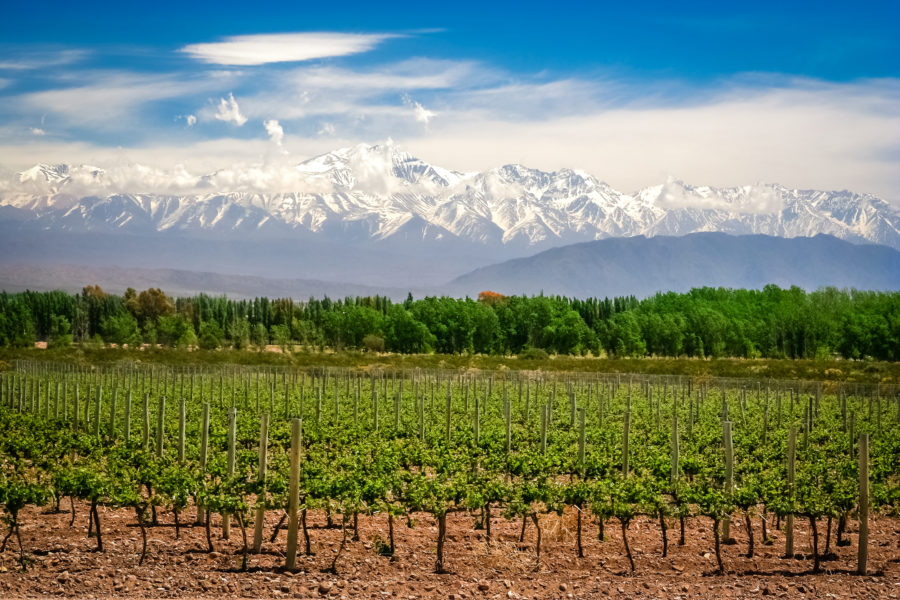India to end decades-old state monopoly on coal mining

Delhi is getting ready to open up commercial coal mining to private companies for the first time in 40 years.
The Indian government is fine-tuning details to allow private companies to commercially mine the commodity in the country beginning in spring, for the first time in four decades.
Coal secretary Anil Swarup told Reuters on Friday the government has already singled out the mines it plans to auction, and is now working on other terms, such as eligibility criteria for mining firms to take part and whether and how to set up revenue sharing.
The move, analysts say, could finally help solving an acute fuel shortage that threatens to choke industrial activity in India. But they also warn that any attempts to liberalize the sector may have huge impacts for Coal India, the state-owned group that currently controls about 80% of the country’s production.
India is the world’s third-largest producer of coal, behind China and the U.S. Yet it relies heavily on imports because of mismanagement and an onerous bureaucracy in coal exploration, production and power generation. As a result, nearly a quarter of India’s 1.2 billion people have no electricity, according to the World Bank.
Delhi’s output target for Coal India is 1 billion tonnes a year by 2020 with private sector mining contributing another 500 million tonnes by that time to make the country less reliant on imports.
Timing, however, doesn’t seem the best. Coal prices are at multi-year lows amid global oversupply, and foreign firms have faced difficulties to investing in India, such as troubles with getting the necessary mining permits. Some private companies, Reuters reports, also worry that the best quality mines would be left for Coal India.
{{ commodity.name }}
{{ post.title }}
{{ post.date }}




Comments